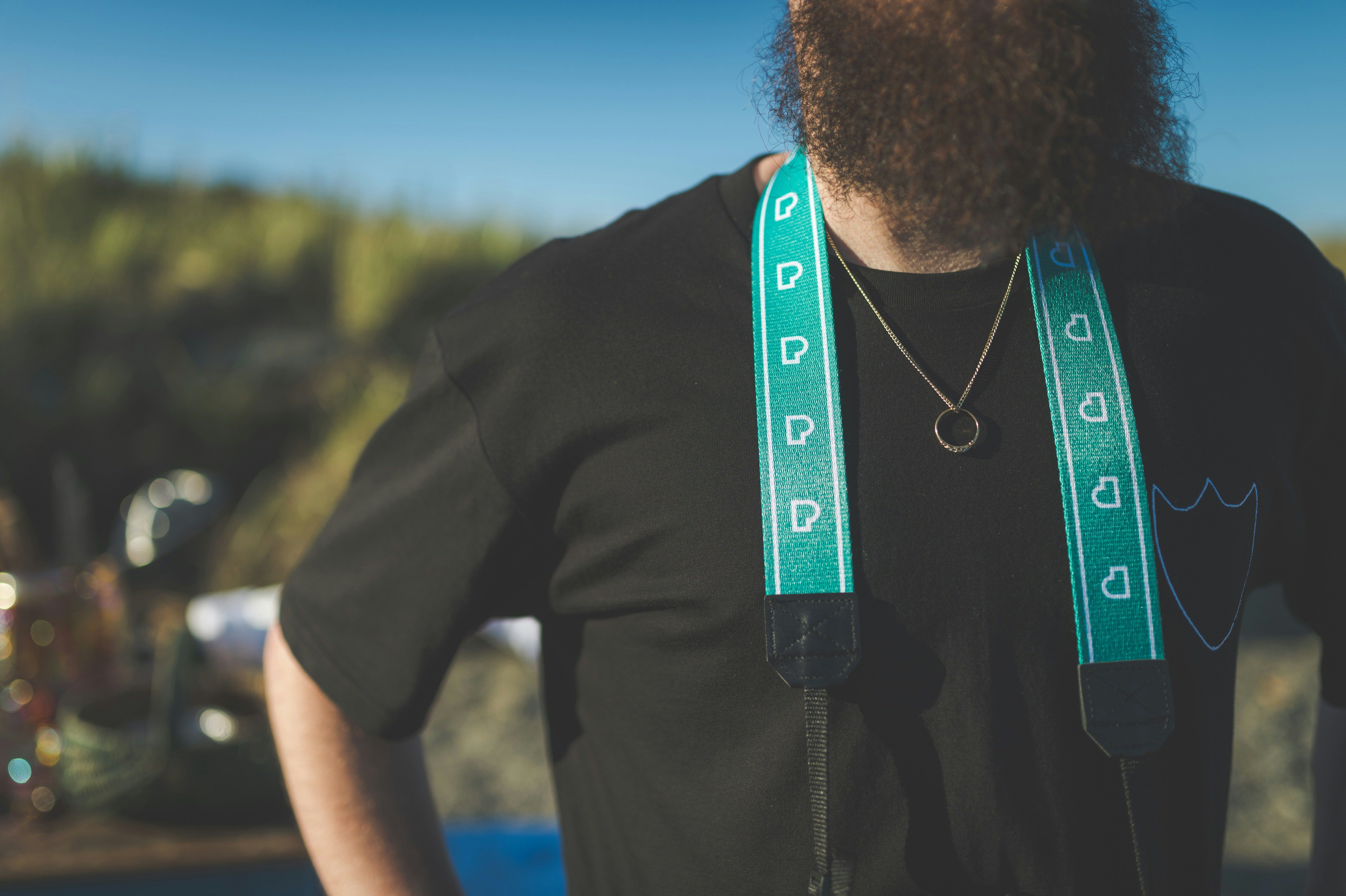Traffic enforcement by water patrol officers is being strengthened. - Strengthened Water Patrol Cracks Down on Vessel Operations
The Water Police of Saxony-Anhalt intensify efforts to scrutinize sobriety among watercraft operators during the upcoming boating season. From now until Pentecost, targeted inspections will take place in both the recreational and commercial shipping sectors, with a focus on combating increasing instances of alcohol and drug consumption on the water.
These enhanced checks are a response to the growing trend of impaired operation of water vessels. Not only the person in charge of the vessel but anyone temporarily at the helm is subject to the prescribed blood alcohol limits. The Water Police's initiative is particularly relevant as partial cannabis legalization requires heightened vigilance to ensure the safety of all water users.
By enforcing sobriety, the Water Police aim to promote safe maritime practices and instill a sense of individual responsibility among boaters. The agency's increased presence—and subsequent deterrent effect—is expected to lead to a decrease in waterborne accidents, injuries, and fatalities.
Saxony-Anhalt's waterway safety regulations are primarily governed by federal law (Inland Waterways Police Regulations, or BinSchStrO) and local decrees. Operators of motorized watercraft must adhere to a blood alcohol concentration limit of 0.5 per mille (0.05%), and commercial operators face zero tolerance. Violating these limits can result in fines, license suspension, or criminal charges.
The consumption of drugs while operating a watercraft is strictly prohibited, with severe penalties including fines, vessel confiscation, and possible criminal prosecution. Recent years have seen a push for more frequent and random sobriety checks, especially during peak summer months and public holidays. Authorities also aim to raise awareness about the risks associated with impaired boating through public campaigns.
The impact of increased enforcement has been positive in other regions, with a decrease in waterborne accidents and fatalities following stricter regulation and targeted checks. While specific data for Saxony-Anhalt is not currently available, these trends are indicative of established practices in the region and across Germany.
For up-to-date, precise, and local waterway regulations or statistics, it is advisable to consult the official website of the Saxony-Anhalt Ministry of the Interior or regional police.
- The Water Police's focus on combating alcohol and drug consumption on watercraft aligns with the community policy, as repeated violations can lead to fines, license suspension, or criminal charges and potentially disrupt the finance sector and transportation in the event of waterborne accidents.
- In addition to sobriety checks, the Water Police's initiatives also include vocational training programs to educate watercraft operators about safe maritime practices and promote industry standards that prioritize the welfare of all water users, fostering a safer and more responsible boating community.








